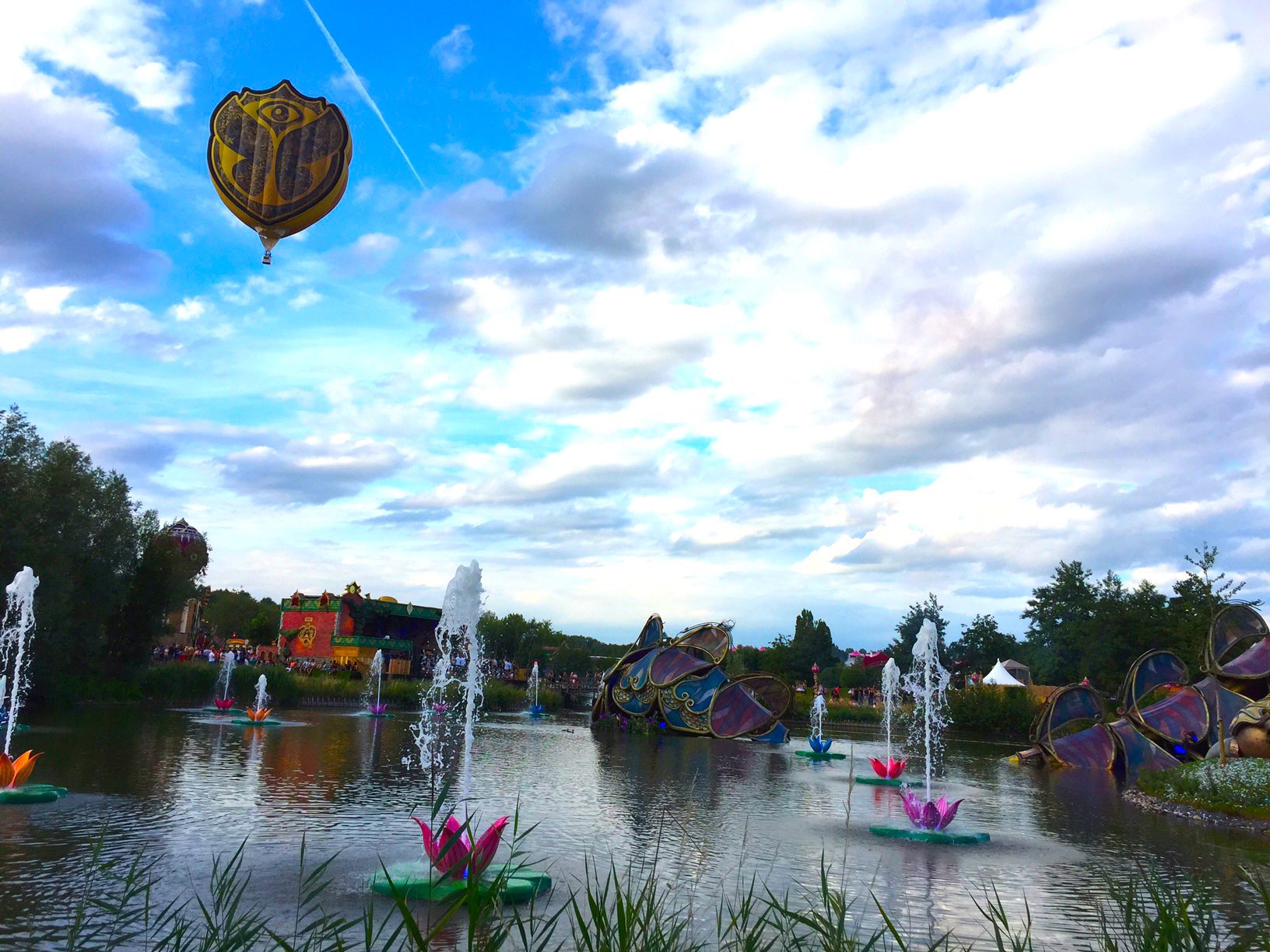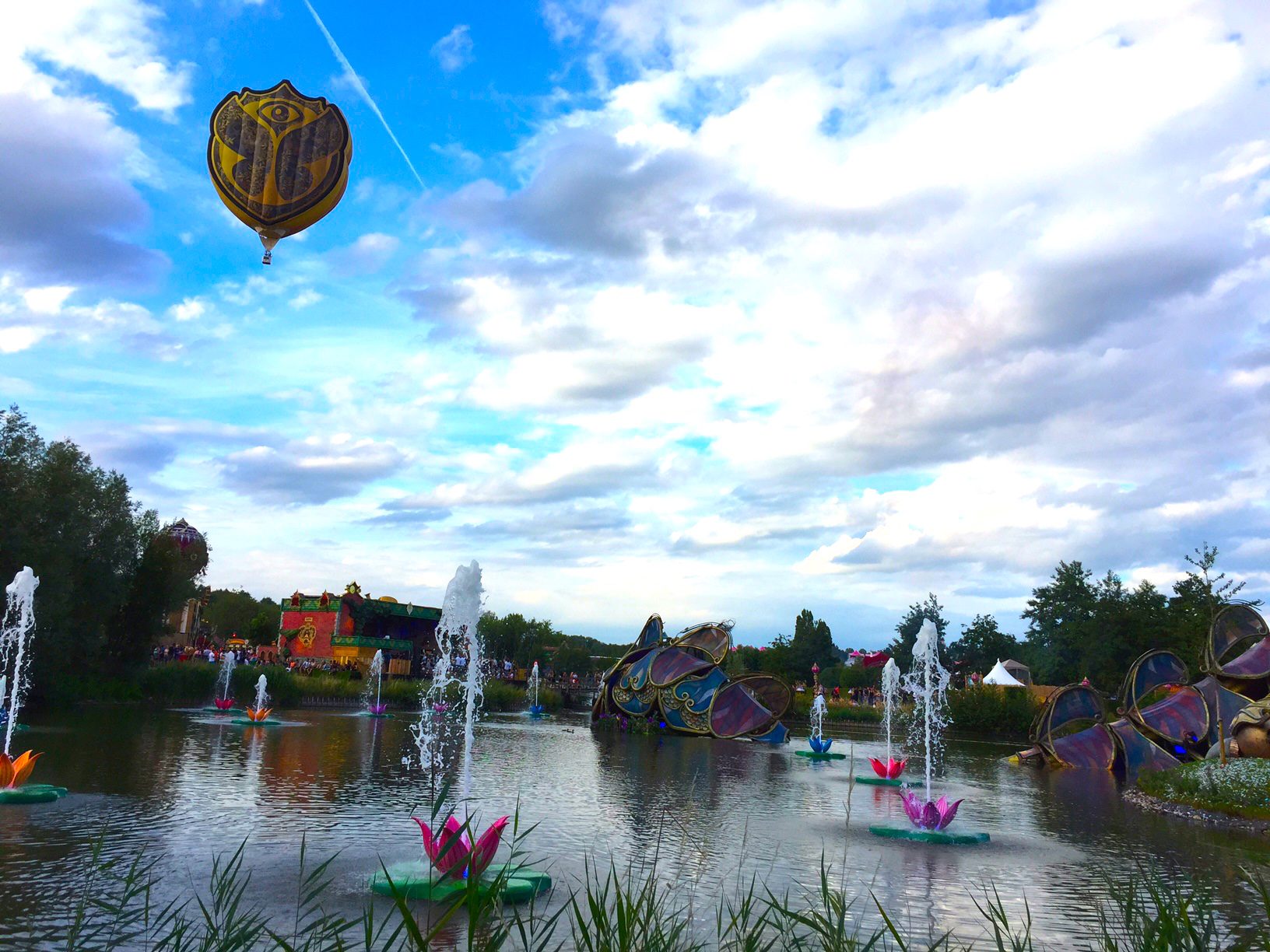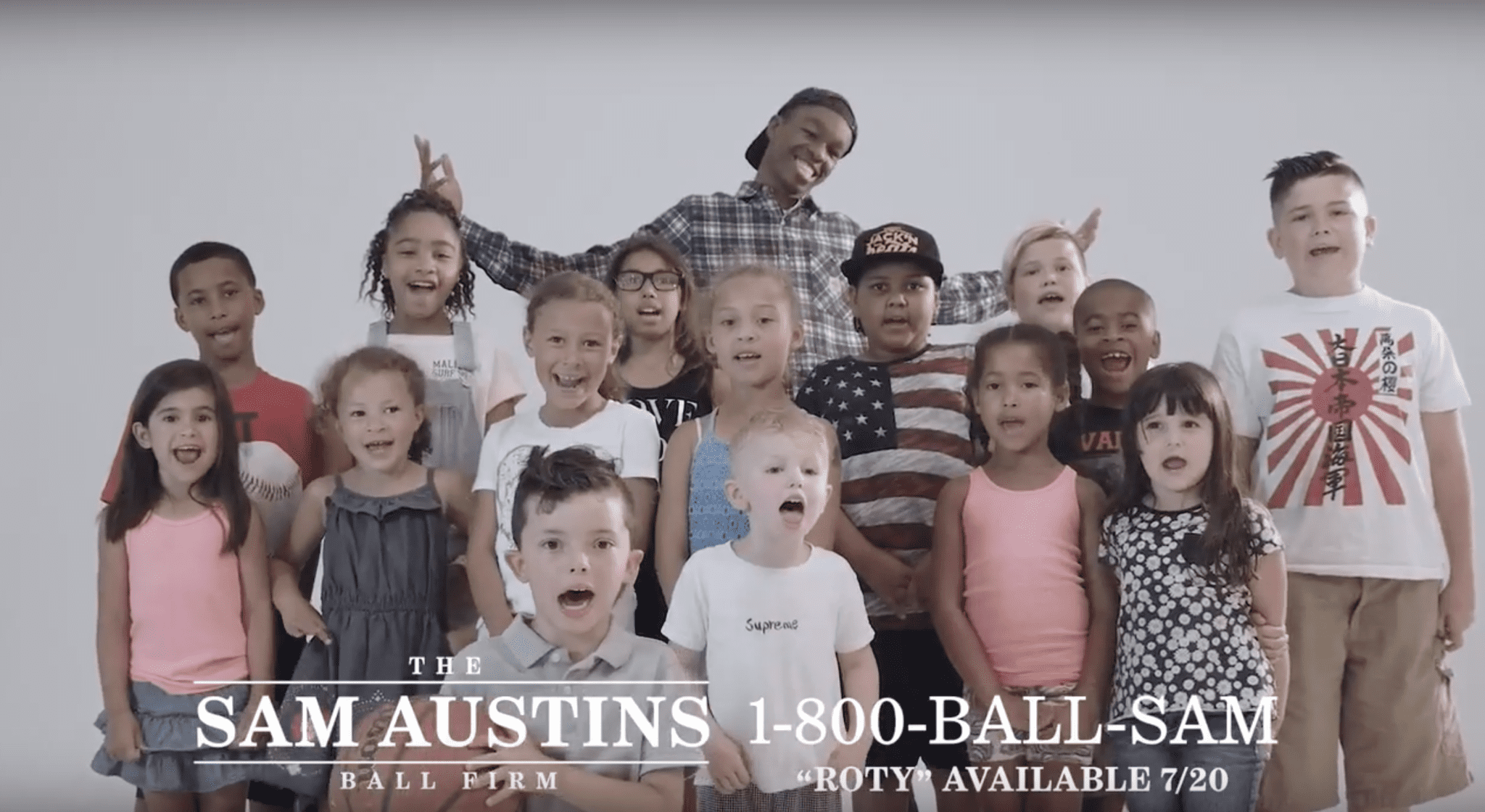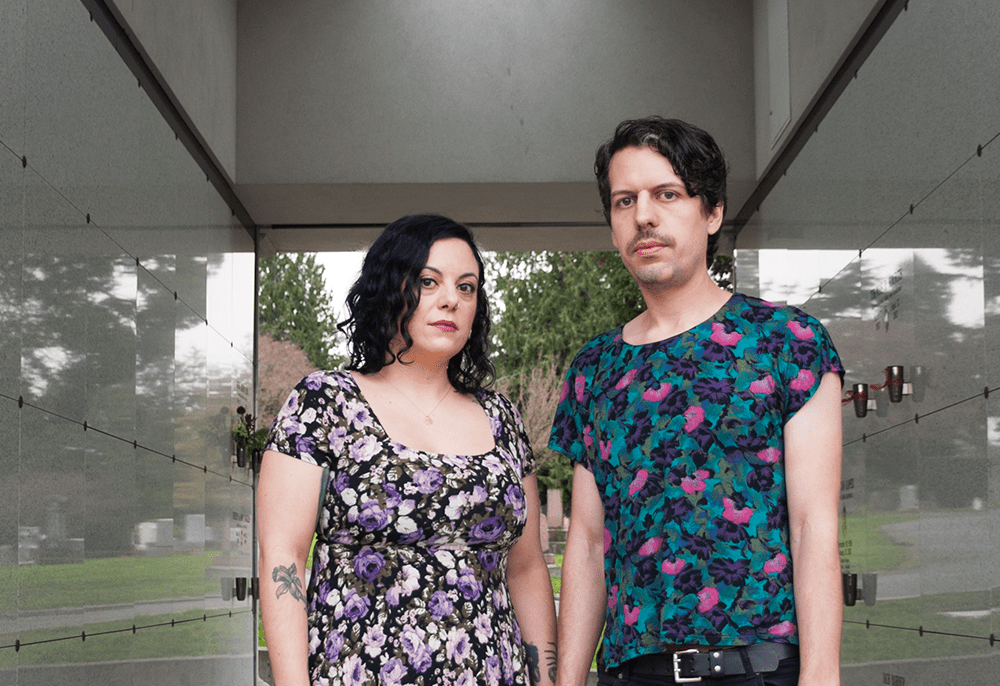HIGH NOTES: My Struggle to Get Through a Music Festival Drug-Free

“I’ve been microdosing Mali all day.” For some reason, when someone told me this at EDC Vegas last year, I pictured it spelled like the country. I only knew three things about pure MDMA, otherwise known as “Molly”: that it had been used to treat PTSD, that an OKCupid date in San Francisco who said stuff like “my body’s telling me not to put gluten in it today” was a fan of it, and that a college friend had warned me it would be at a party, knowing I was pretty straight-edge. Evidently, I’d changed since college, because I found myself asking my new EDC friend, “Can I try some?”
On a rooftop overlooking the ferris wheel, she put a tiny amount of the drug in my hand and told me to lick it. It was just enough for me to text my best friend “I love you” and explain my struggles with workaholism to my new friend.
But it would change my life. That experience would embolden me to buy a pill in Ibiza (I know, like the song) two weeks later. The first half would lead me to approach the guy who’s now my boyfriend. And the second half would give me the courage to leave my New York City apartment behind and travel the world.
Two months later, I went to stay with my boyfriend in Germany, where ecstasy flows as freely as beer at festivals. Attendees with normal-sized pupils are a rare sight. Music festivals became my excuse to get high without being judged. My boyfriend and I would tell secrets and resolve fights. I’d leave the stages to write down insights, some of the best articles I’ve published, and even a framework for a book.
After several months of this, I began asking myself: Why was I doing this at music festivals? I could’ve done it anywhere — for free. After realizing my favorite part of Time Warp was not the world-class DJs but a talk with my boyfriend about how important my cats were to me, I decided to make a change: no more drugs at festivals. From now on, they’d be about the music.
At Belgium’s Tomorrowland in July, that resolution proved harder to stick to than expected — because I had the unluckiest weekend possible. I spent the first hour with my stuff trapped in a locker I didn’t know the code to, then once I finally got to the stages, my phone wouldn’t turn on. After three fruitless hours of trying to fix it in the media village, I walked back out, panicking. I needed my phone to take notes and pictures for the review I was writing. Maybe I should just enjoy it for now, I thought. But then I thought, I can’t. I’m too exhausted. I don’t know anyone. I can’t talk to anyone. I can’t move. There’s too many people. I miss my boyfriend. I miss my cats. Fuck, if only I were rolling right now.
To regain my composure, I sat down on a patch of grass by the water and took deep breaths. And cried. And just let myself cry some more. And after I cried, I felt opened up. I felt at peace with being sad in a place where everyone’s “supposed” to be smiling. I saw beauty in that vulnerability.
I wandered into an indoor stage and saw a man who had hugged me while I was freaking out over my locker. His friend told me, “I’ll take care of your phone.” He couldn’t, but in the process, we talked about maintaining independence in relationships and how it doesn’t make sense to have regrets. Later on, I met another fellow festival-goer from India, and we talked about past lives. We stared into each other’s eyes and tried to see the lives we spent together. He saw me dancing in a blue sari.
No, I was still not rolling, and neither were they. That was the magic of music festivals, I realized. Somewhere along the way, the open-heartedness MDMA induces became ingrained in festival culture, whether people were taking it or not.
I saw this culture in action again when I arrived late the next day, after four hours at the Apple store. A group of friends who saw me alone told me to tag along with them. Intellectually, I understood the beauty of this camaraderie and acceptance. Yet I couldn’t help but yearn to feel it. Despite what I was taught in health class as a kid, I knew I wouldn’t have as much fun without drugs. I think most people feel the same way, even if their drug of choice is alcohol. I’d already seen what a drug-free festival was like. So why was I depriving myself of the experience I loved so much I’d needed a rule to avoid it? So what if I got distracted from some of the music? If you try to catch every single note, you’ll miss what festivals are about.
That’s when I headed back to my locker, got half a pill from my wallet (I’d already had a feeling I might change my mind), and re-entered the field. I immediately got into a conversation with one of the DJs about how we’re all part-human, part-robot (still mostly sober!), and then I felt it hit. So I sat down on the same patch of grass where I’d cried and wrote another book outline, a personal essay, a pitch for a column, and some notes about my personal growth. Once the insights faded, I found the DJ again and danced and talked to his friends. Our conversation was imbued with that MDMA-specific sense that every word out of everyone’s mouth was full of meaning. And once my energy faded too, another new friend walked me back to my shuttle as I explained my book idea, and another talked me through my comedown on the ride home.
The next day, despite the fact that an ATM machine had eaten my only card and the new phone I had to buy wouldn’t even work, I felt rejuvenated. For the first time all weekend, I’d relaxed and lived fully in the moment, not to mention done some much-needed introspection.
I spent that last day sober, save one smoothie with vodka, but the spirit of the drug hadn’t left me. I finished the writing I’d started while high and stayed up until 4 a.m. with the friends I’d made after my cry, telling them they were my best friends of the weekend.
My mission to get through a music festival drug-free may have failed, but its ultimate goal — to rediscover why I loved festivals — succeeded. Whether I was wiping tears from my eyes or manically chewing on my tongue, I felt one thing all around me: love.





